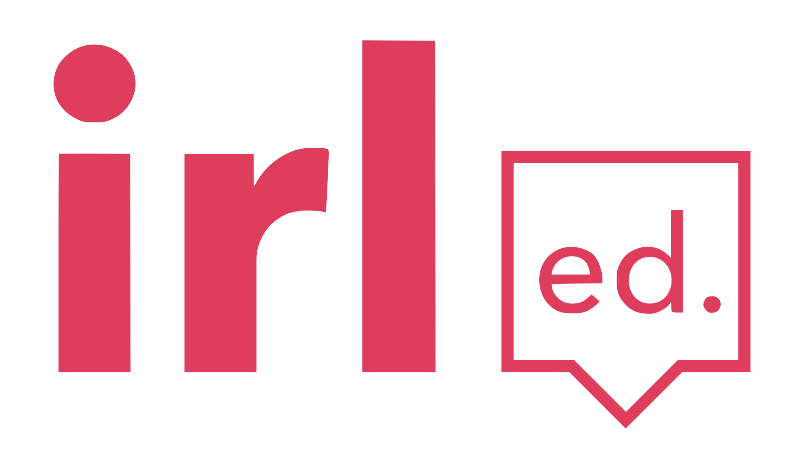HEALTHY RELATIONSHIPS
Consent is not about seeing what you can get away with until the other person says “no”. It is not about knowing what you can and can’t do before you get in to trouble. It is about seeing each other as human beings, first and foremost.
Whilst most contemporary men and teenage boys are compassionate, empathetic and ethical, recent examples show toxic masculinity remains an urgent problem.
But how often do we get to have a conversation about gender and sex without fear of blaming or being blamed, or without discounting or invalidating the experiences and feelings of others? How do we move past a “politically correct” understanding of gender and inequality to develop a transformative, empathetic and practical appreciation of human difference and diversity?
Gilette’s ad proved controversial when it was launched. But why? We explore how media and popular culture reflects and shapes our attitudes towards masculinity.
Students will have more insight into their own feelings, needs, boundaries and options. They will connect sex education to personal experiences, personal pleasure, and emotional validation, rather than a purely biological approach that focuses on reproduction and sexually transmutable diseases. By re-humanising this process, young people will be better able to identify when they are coerced or forced to do something that does not feel pleasurable or right, and therefore speak out about it.
This course is designed for both all-boys and mixed gender schools. We’ve found including girls in such an important discussion creates an open dialogue and a greater understanding and appreciation of each other’s perspectives that yields benefits far beyond the classroom.
In this course, students will:
Examine beliefs about gender, privilege, justice, and free-speech and how these beliefs shape behaviour and perception.
Begin recognising and identifying micro-aggressions that may be benign in their intention but ultimately perpetuate systemic inequality and implicit bias.
Develop a method of engaging in challenging conversations on gender and identity and learn how to draw in different perspectives to explore solutions together.
The Man/Woman Box
Students will explore and critically analyse the traits and behaviours we traditionally put in the ‘man box’ or ‘woman box’. Does being a man mean;
Self sufficiency?
Acting tough?
Heterosexuality and homophobia?
Hypersexuality?
Aggression and control?
What are the limiting beliefs we hold about women?





